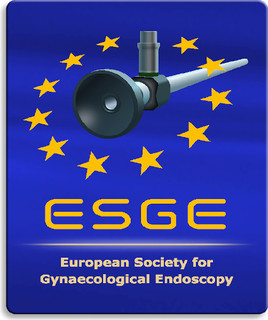Optimisation of the follicular phase in IVF/ICSI
GnRH antagonist, follicular phase, IVF, ICSI, reproductive endocrinology, scheduling.
Published online: Oct 29 2012
Abstract
In reproductive medicine, the aim is to establish an optimal balance between cost-effectiveness, success rate and safety for the patient. In this thesis, a series of clinical studies are presented that all revolve around the optimisation of ovarian stimulation with GnRH antagonist co-treatment. Basal hormonal levels at the start of ovarian stimulation are mandatory to obtain acceptable pregnancy rates. In view of this, we focused on the impact of cycle day 2 prog- esterone levels on treatment outcome. By interfering in the early follicular phase, we tried to synchronise the fol- licular cohort and to increase the number of retrieved oocytes. Innovative treatment protocols based on GnRH antagonists should lead to a more flexible and better controlled schedule of oocyte retrievals. The inability to program the start of gonadotrophin stimulation and hence to minimise weekend oocyte retrievals is a major impediment to the widespread implementation of the GnRH antagonist protocol in fertility clinics. Because treatment schedule is important both for the patients, who wish to undergo reproductive treatment at their own convenience, and for the ART clinic, to organise the workload, we attempted to bring the schedule of egg retrievals in a GnRH antagonist protocol under improved control. Another important aim of our clinical research was to diminish patient discomfort and reduce side effects by a simplification of GnRH antagonist ovarian stimulation protocols. We also focused on significant reduction of FSH consumption by substitution of FSH by low dosages of hCG during the mid-late follicular phase, without impairing outcome in terms of oocyte yield and ongoing pregnancy rate or live birth rate.



